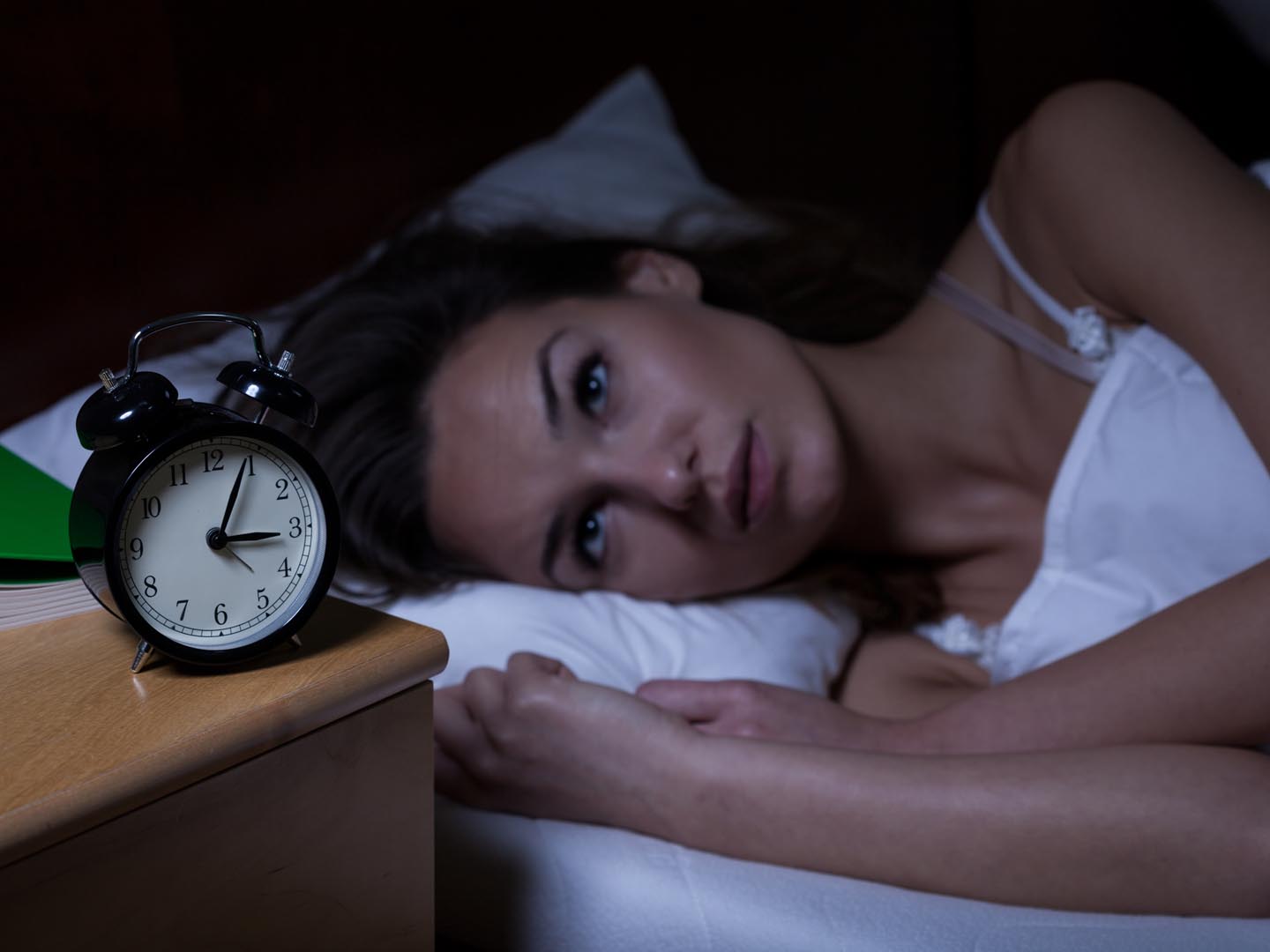Counting Too Many Sheep?
Is it true that loss of sleep triggers inflammation in the body that can lead to heart disease and other health problems? If so, what can those of us who don’t get enough sleep do to compensate?
Andrew Weil, M.D. | November 17, 2008

Some fascinating new research suggests that losing even a few hours of sleep can set processes in motion that lead to inflammation, which in turn can contribute to disease. The same study suggests that the opposite is true, too: that a good night’s sleep lowers the risk of diseases that have an inflammatory component. Researchers at UCLA looked at levels of a factor called (NF)-kB, which is involved in inflammatory signaling in healthy adults. They measured these levels among volunteers after normal sleep, after partial sleep deprivation and after recovery sleep. Interestingly, they saw sleep-related increases in the inflammatory response only in women. The new findings were published in the September 15, 2008 issue of Biological Psychiatry.
The studies give us a better understanding of why sleep disturbance is associated with the risk of all kinds of medical problems including cardiovascular disease, arthritis, diabetes, certain types of cancer and obesity.
Sleeping problems in the U.S. are widespread and stem from all types of stress: from work, school and social demands. Americans spend billions every year on sleep aids. I think there are better ways to get a good night’s rest. Recognizing that sleep deprivation is not a trivial matter and can damage your health should prompt you to think seriously about the steps you can take to improve matters. Start by following my general recommendations for getting a good night’s sleep:
- Check your mattress for signs of wear at least twice a year, and consider new pillows if yours aren’t comfortable. A worn-out mattress can contribute to sleeping problems.
- Make the room as dark as possible, and spend some time before bedtime in dim light.
- If your bedroom is noisy, buy an inexpensive “white noise” generator that makes soothing sounds to mask disturbing ones.
- Try my Relaxing Breath (you’ll find instructions at www.drweil.com) to help banish thoughts that are causing sleep deprivation.
- If you get up frequently to urinate and can’t get back to sleep afterward, eliminate caffeine and alcohol. Don’t drink beverages containing caffeine or alcohol within three to four hours of bedtime.
- If you can’t sleep, get up and read or do some light stretching. This may take your mind off the problem of not being able to fall asleep and help you relax so that you can doze off.
- Consider using melatonin or valerian occasionally to help you fall asleep.
Andrew Weil, M.D.









